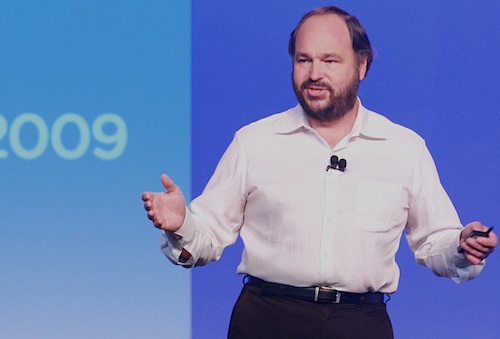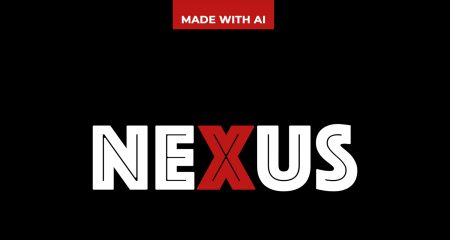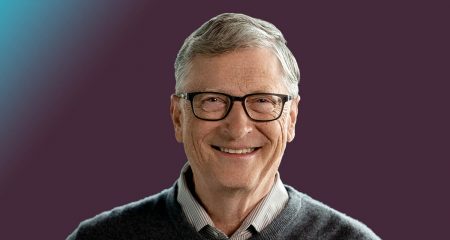
He was once one of Bill Gates’s top lieutenants at Microsoft and was closely involved in the development of the client-server model of computing. Now Zimbabwean-born and SA-educated Paul Maritz, CEO of US cloud computing specialist VMware, says the world has moved not only to the “post-PC era” but also to the “post-document era”.
Maritz, who studied at the University of Natal and later at the University of Cape Town before leaving SA and pursuing a career in the UK and later Silicon Valley, was once regarded as the third most senior figure at Microsoft, after Gates and Steve Ballmer. He oversaw the development of Windows 95, Windows NT and Internet Explorer, among other software.
Now, as head of the US$40bn, New York Stock Exchange-listed VMware, Maritz reckons the world has moved on from client-server computing to a new model where people collect, process and send information in radically different ways.
Maritz, who is in SA this week to speak at the company’s VMware Forum, says in the past workers used their computers to “create documents and occasionally they may have shared these with someone else”.
“Today, people are consuming information that is streamed to them constantly. Now, it’s about how to filter that information, comment on it, recombine it, and stream it back out again,” he says. “We’ve moving not only to the post-PC era, but the post-document era. It’s not that documents are going to go away — they’ll still be important, but they’ll no longer be the centre of the universe.”
Maritz says people are using new devices like tablets in very different ways to how they used traditional PCs. “There are profound changes in the way information workers do things. This form factor transition [to tablets and other devices] is a work style transition as well.”
Corporate IT departments need to get their heads around the consumerisation of IT, he says, relating the example of an unnamed company IT director who banned the use of the iPad in his organisation, only to find out a few days later that the CEO had bought one. “A new generation has very different expectations of the world and want different ways of doing things. So, there are a lot of challenges for us in the [IT] industry.” — Duncan McLeod, TechCentral
- Subscribe to our free daily newsletter
- Follow us on Twitter or on Facebook




